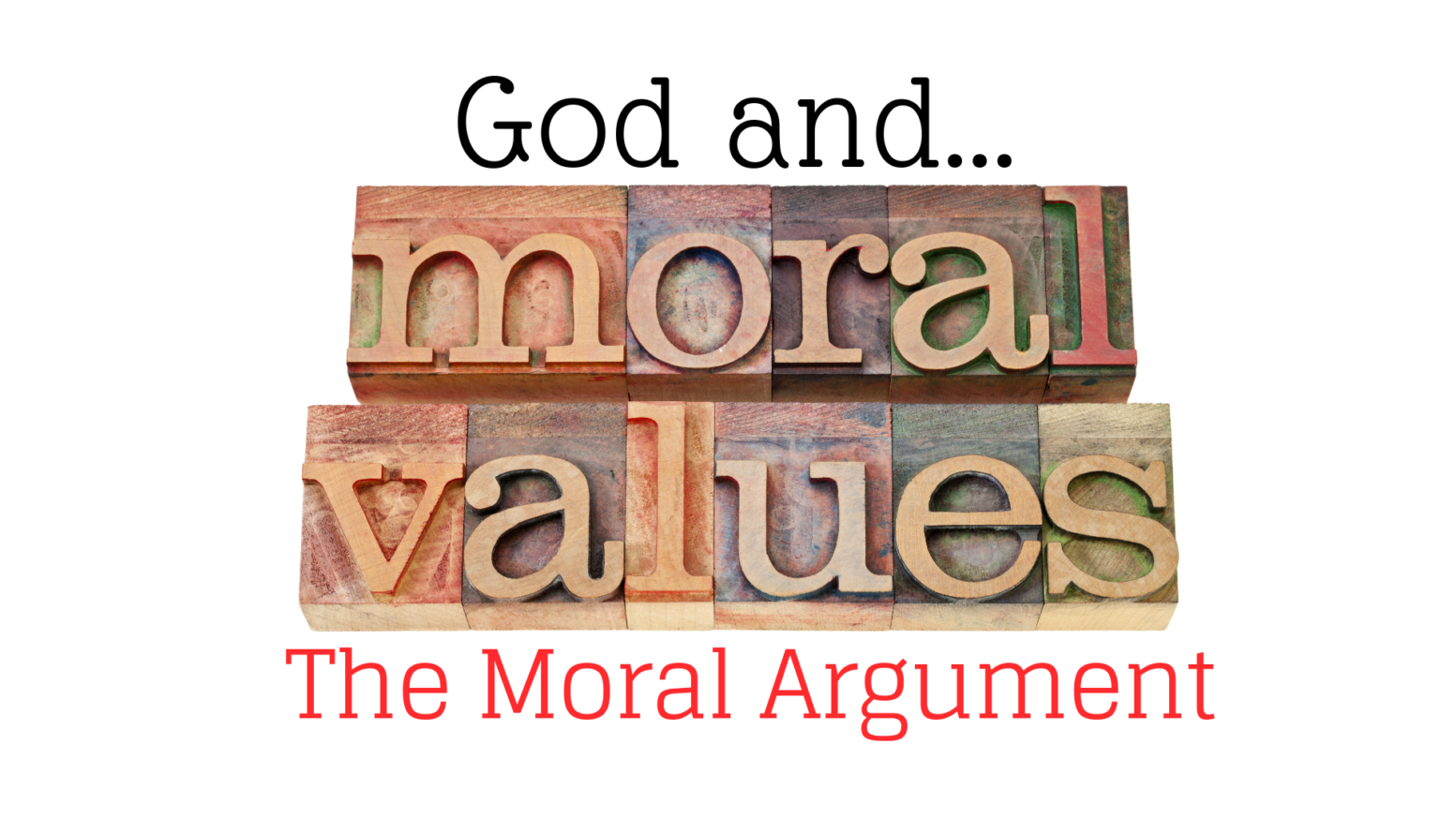Some believe that society makes the moral rules. This view is known as conventionalism or cultural relativism. On this view, it is argued that agreement within culture explains the existence of objective moral truths. Cultural relativism is really only ethical subjectivism on a larger scale—on the scale of society instead of the individual.[1] Like ethical subjectivism, cultural relativism implies that objective moral truths do not exist. Consequently, it simply does not work as an explanation for objective moral truths.
Cultural relativism also suffers from the many other problems belonging to relativistic views. For example, on this view, no culture can be wrong in its moral lawmaking. Per this view, Nazi culture was right, and those Germans who opposed Nazism were actually wrong because they were opposing the moral laws of their culture. This view also makes cultural, moral progress impossible because the culture is never wrong. According to this view, reformers like Martin Luther King, Jr. were actually wrong for opposing perceived injustices in their society.[2] Though it is a popular view, we may conclude that cultural relativism is an insufficient explanation of the moral realm as we experience it. And, more specifically, we can conclude that cultural relativism fails to explain the existence of objective moral truths.
What about man-made law (positive law)? Some suggest that man-made law is the cultural explanation that accounts for the existence of objective moral truths. According to this view, something is right if the law of the land permits it or requires it and something is wrong if the law of the land prohibits and/or punishes a person for it. For many, this seems like a viable possibility. But, is this right?
It cannot be and here is why: sometimes the law of the land is demonstrably unjust. For example, the Jim Crow Laws which mandated the segregation of public schools, public places, and public transportation by race were unjust.[3] But, they were the law of the land from 1877 to 1954.[4] So, how is it that though they were the law of the land, they were unjust? Evidently, there is a law above the law of the land, a so-called supra-positive law, by which we can judge the law of the land. If the law of the land agrees with this higher moral law, then the law of the land can be considered just. But, if the law of the land does not agree with this higher moral law, then we can determine that the law of the land is unjust. Thomas Jefferson acknowledged this saying, "When injustice becomes law, resistance becomes duty."[5] Similarly, Augustine said, “An unjust law is no law at all” (see lex iniusta).[6] And, Martin Luther King, Jr. said, “One has a moral responsibility to disobey unjust laws.”[7]
Suppose for example, that someone were to defend their racist treatment of a person by saying, I was just following the law of the land. Surely, we would immediately object that regardless of what the law of the land says, a person should not be treated that way. This is, in fact, exactly what happened with the Nazis of World War II. When they were called to account for their murderous treatment of Jews and other minorities during the war, they argued that they were only following orders—“Befehl ist Befehl,” an order is an order, they would say.[8] This is the defense they used in the Nuremberg Trials. But, the court rejected this defense and found them guilty of crimes against humanity appealing to a "law above the law.”[9] Surely the court was right. The law of the land explanation cannot account for the objective moral truths that we observe in reality.
[1] Baghramian, Maria and Carter, J. Adam, "Relativism", The Stanford Encyclopedia of Philosophy (Summer 2017 Edition), Edward N. Zalta (ed.), forthcoming URL = <https://plato.stanford.edu/arc...;.
[2] Crashcourse. “Metaethics: Crash Course Philosophy #32.” YouTube, YouTube, 25 Oct. 2016, www.youtube.com/watch?v=FOoffXFpAlU.
[3] “Jim Crow Laws - Separate Is Not Equal.” National Museum of American History, americanhistory.si.edu/brown/history/1-segregated/jim-crow.html.
[4] Urofsky, Melvin I. “Jim Crow Law.” Encyclopædia Britannica, Encyclopædia Britannica, Inc., 19 July 2017, www.britannica.com/event/Jim-Crow-law.
[5] https://www.monticello.org/sit...
[6] Himma, Kenneth Einar. Law, Morality, and Legal Positivism: Proceedings of the 21st World Congress of the International Association for Philosophy of Law and Social Philosophy (IVR), Lund, Sweden 12-18 August 2003. Steiner, 2004, pp.244-245.
[7] Green, Elon. “Longform: Open Letters from Martin Luther King Jr. and Philip Roth.” Slate Magazine, Slate, 25 Oct. 2014, www.slate.com/articles/life/longform/2014/10/mlk_s_letter_from_a_birmingham_jail_and_other_great_open_letters.html.
[8] “Superior Orders.” Wikipedia, Wikimedia Foundation, 20 May 2018, en.wikipedia.org/wiki/Superior_orders.
[9] Hawkins, Glenn. “The Higher Law in Civilization,” Warren Christian Apologetics Center, http://www.warrenapologeticsce... (2014).
